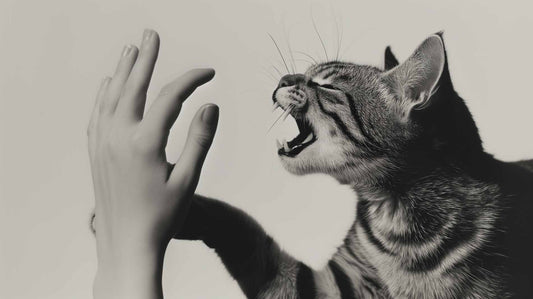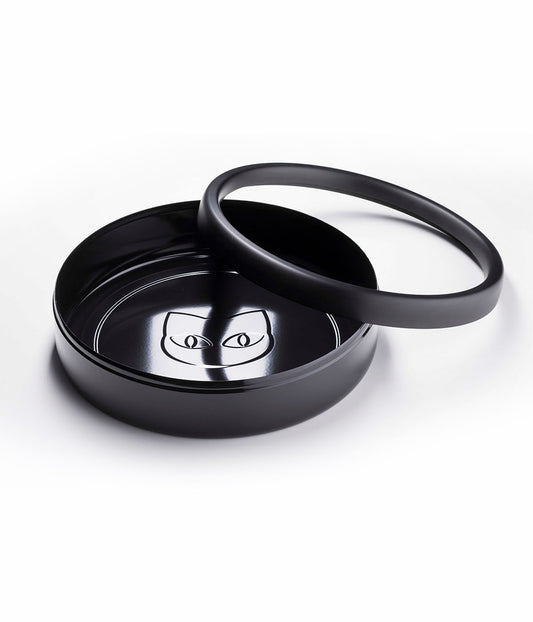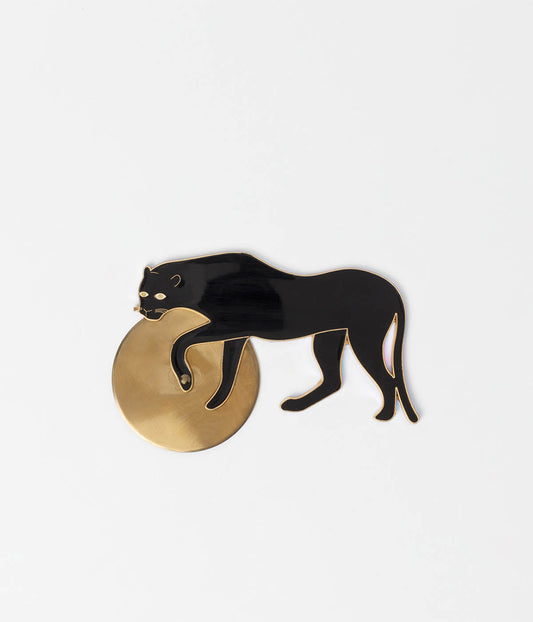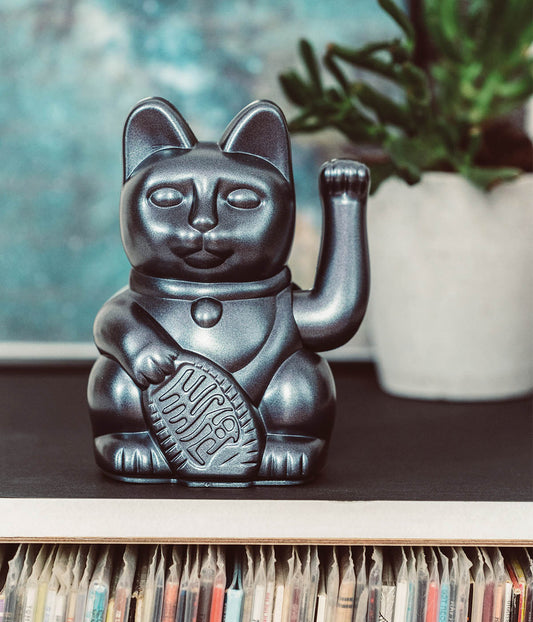
The Most Important Things to Remember for Your Aging Dog's Health
Marie DuchessAs your furry friend gets older, their health needs change. Just like humans, aging dogs require special care and attention to ensure they live a happy and healthy life. In this blog post, we will discuss the most important things to remember for your aging dog's health.
1. Regular Vet Check-ups
Regular visits to the veterinarian are crucial for monitoring your aging dog's health. Your vet can perform a thorough examination, check for any underlying health issues, and provide appropriate vaccinations. These check-ups can help detect and address any potential problems early on.
2. Balanced Diet
A well-balanced diet is essential for your aging dog's health. As dogs age, their metabolism slows down, and they may require fewer calories. Consult with your vet to determine the appropriate diet for your dog's age, breed, and any specific health conditions they may have. Consider feeding them high-quality, senior-specific dog food that is formulated to meet their nutritional needs.
3. Regular Exercise
Exercise is crucial for maintaining your aging dog's physical and mental well-being. While they may not have the same energy levels as when they were younger, regular exercise can help keep their muscles strong, joints flexible, and weight in check. However, it's important to adjust the intensity and duration of exercise to suit your dog's age and any mobility issues they may have.
4. Joint Care
As dogs age, they are more prone to joint problems such as arthritis. Providing joint care supplements, such as glucosamine and chondroitin, can help support their joint health and reduce inflammation. Additionally, providing a comfortable bed and avoiding excessive jumping or stair climbing can help alleviate stress on their joints.
5. Dental Care
Oral health is often overlooked but plays a significant role in your aging dog's overall health. Dental problems can lead to pain, infection, and even heart disease. Regular brushing, dental chews, and professional dental cleanings can help maintain your dog's dental hygiene and prevent potential health issues.
6. Mental Stimulation
Keeping your aging dog mentally stimulated is important for their cognitive health. Engage them in interactive toys, puzzle games, and training exercises to keep their minds sharp. Mental stimulation can help prevent cognitive decline and keep your dog happy and engaged.
7. Adequate Rest
While exercise and mental stimulation are important, it's equally crucial to provide your aging dog with plenty of rest. Make sure they have a comfortable and quiet space where they can relax and sleep undisturbed. Adequate rest is essential for their overall well-being and can help prevent stress and anxiety.
8. Regular Grooming
Regular grooming is not only important for your dog's appearance but also for their health. Brushing their coat helps remove loose hair and prevents matting, while regular nail trims and ear cleanings can prevent discomfort and infections. Additionally, grooming sessions provide an opportunity to check for any lumps, bumps, or skin issues that may require veterinary attention.
9. Love and Attention
Lastly, don't forget to shower your aging dog with love and attention. Spending quality time with them, providing affection, and engaging in activities they enjoy can greatly contribute to their overall happiness and well-being. Your love and care are essential for their emotional health.
Remember, every dog is unique, and their health needs may vary. Consult with your veterinarian for personalized advice and guidance on how to best care for your aging dog. By following these important reminders, you can help ensure that your furry friend enjoys their golden years to the fullest.













